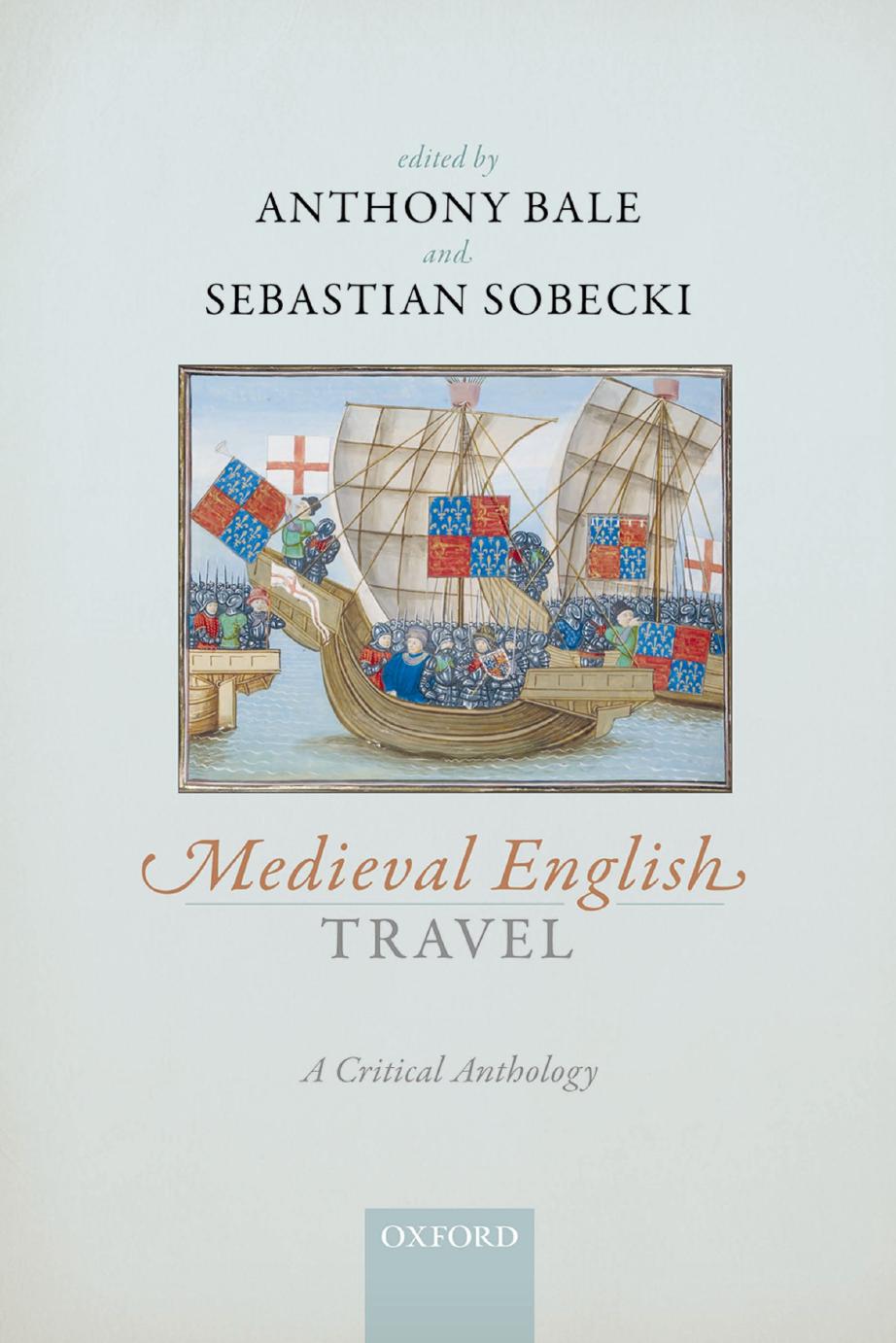

Most ebook files are in PDF format, so you can easily read them using various software such as Foxit Reader or directly on the Google Chrome browser.
Some ebook files are released by publishers in other formats such as .awz, .mobi, .epub, .fb2, etc. You may need to install specific software to read these formats on mobile/PC, such as Calibre.
Please read the tutorial at this link: https://ebookbell.com/faq
We offer FREE conversion to the popular formats you request; however, this may take some time. Therefore, right after payment, please email us, and we will try to provide the service as quickly as possible.
For some exceptional file formats or broken links (if any), please refrain from opening any disputes. Instead, email us first, and we will try to assist within a maximum of 6 hours.
EbookBell Team

4.7
96 reviewsMedieval English Travel: A Critical Anthology is a comprehensive volume that consists of three sections: concise introductory essays written by leading specialists; an anthology of important and less well-known texts, grouped by destination; and a selection of supporting bibliographies organised by type of voyage. This anthology presents some texts for the first time in a modern edition. The first section consists of six companion essays on 'Places, Real and Imagined', 'Maps the Organsiation of Space', 'Encounters', 'Languages and Codes', 'Trade and Exchange', and 'Politics and Diplomacy'. The organising principle for the anthology is one of expansive geography. Starting with local English narratives, the section moves to France, en-route destinations, the Holy Land, and the Far East. In total, the anthology contains 26 texts or extracts, including new editions of Floris & Blancheflour, The Stacions of Rome, The Libelle of Englyshe Polycye, and Chaucer's Squire's Tale, in addition to less familiar texts, such as Osbern Bokenham's Mappula Angliae, John Kay's Siege of Rhodes 1480, and Richard Torkington's Diaries of Englysshe Travell. The supporting bibliographies, in turn, take a functional approach to travel, and support the texts by elucidating contexts for travel and travellers in five areas: 'commercial voyages', 'diplomatic and military travel', 'maps, rutters, and charts', 'practical needs', and 'religious voyages'.